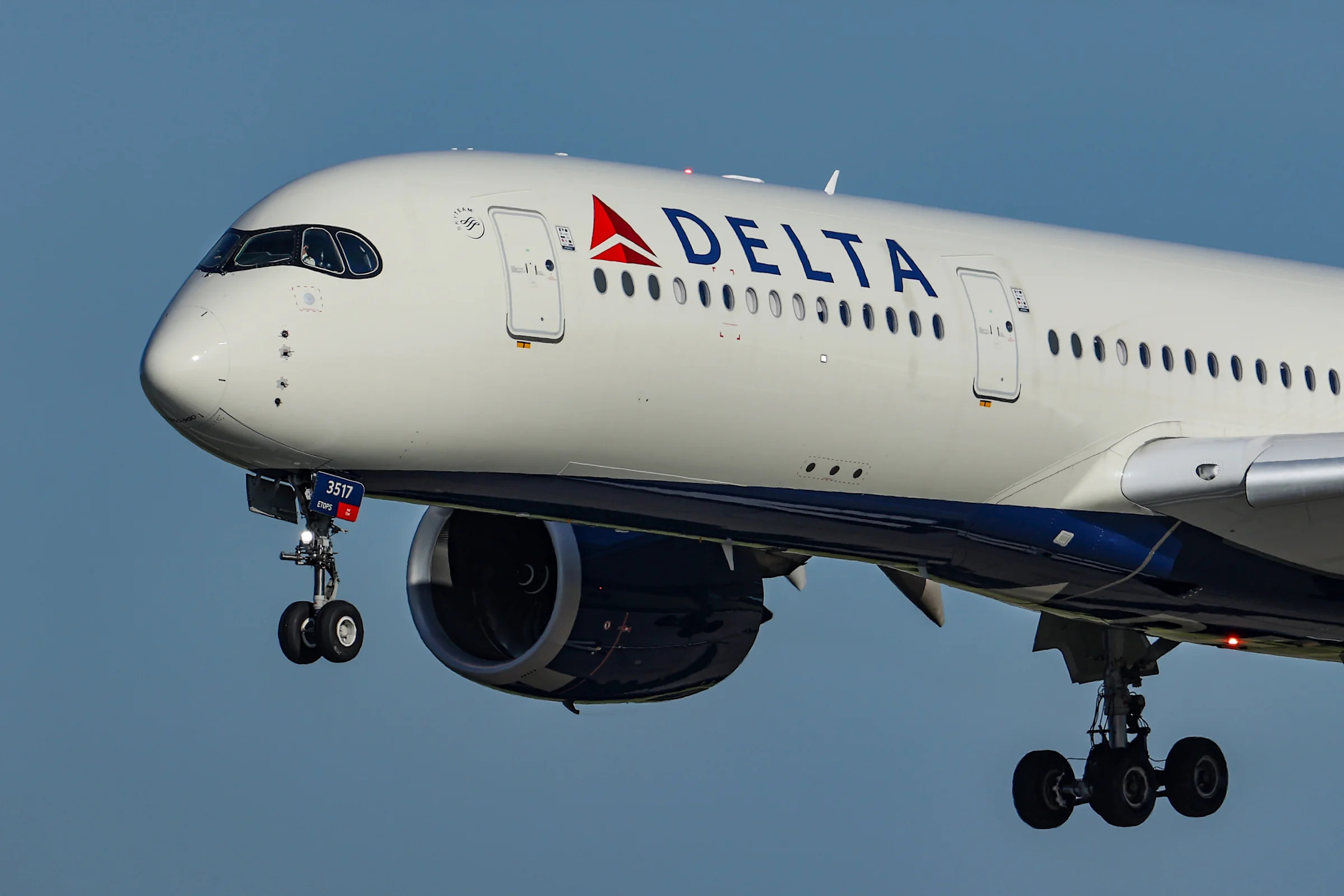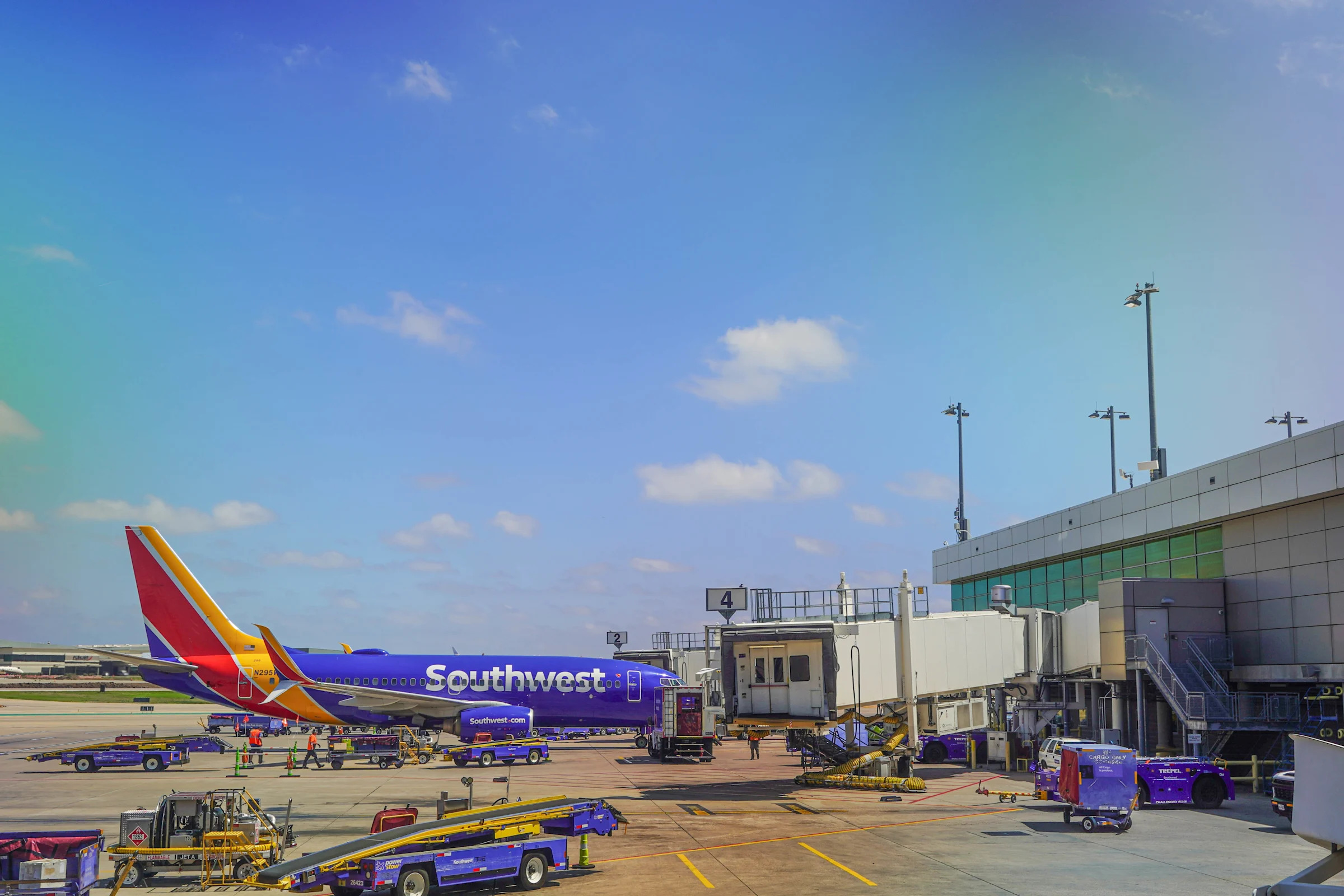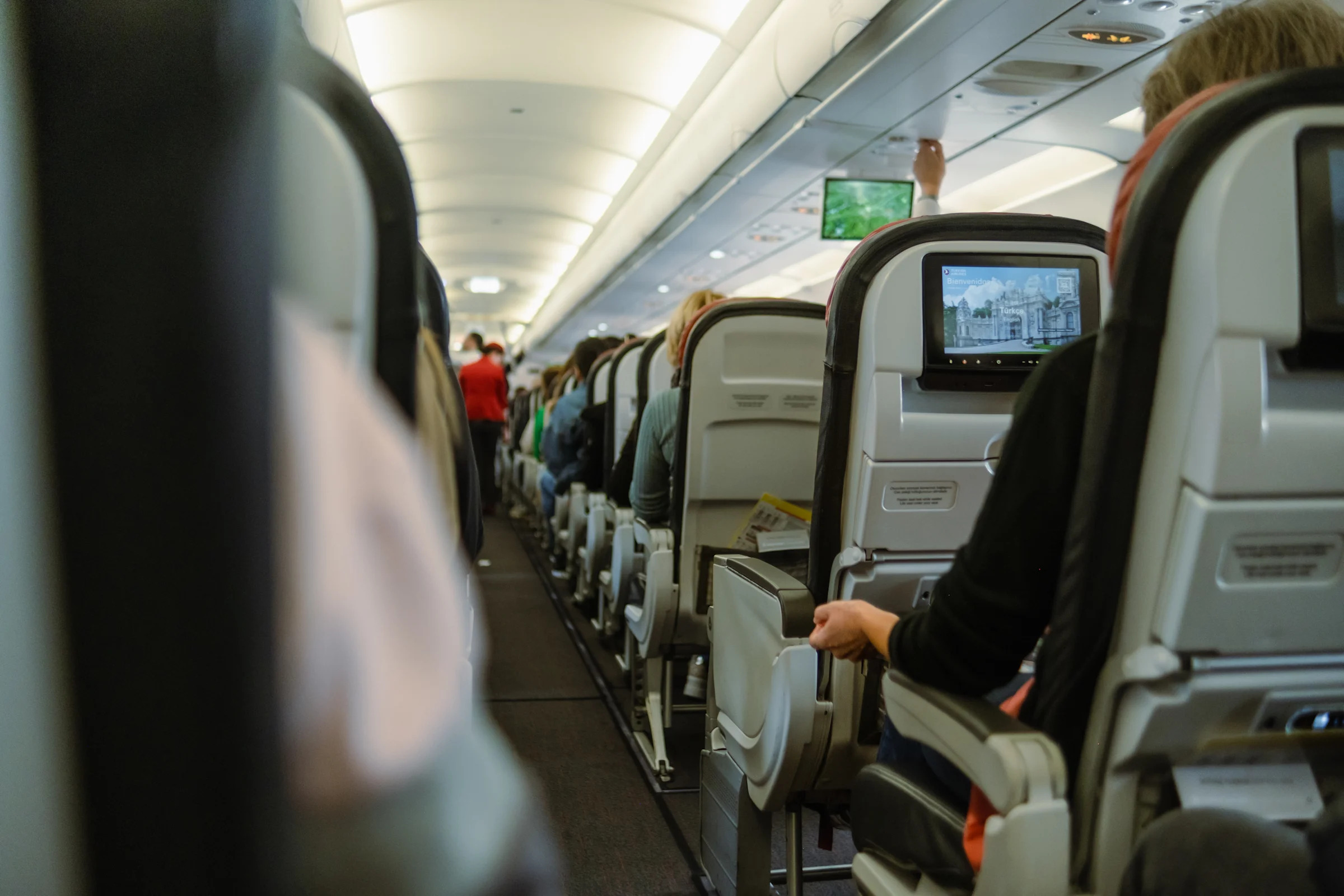Delta Airlines AI pricing is great for Delta, but what does it mean for travelers?

Delta Air Lines is embarking on a sweeping transformation of how it prices tickets—moving away from traditional fare structures and embracing AI-powered personalized pricing.
Delta Airlines AI pricing
After reporting stronger-than-expected earnings, Delta President Glen Hauenstein announced the airline plans to expand AI-driven pricing, as reported by Fortune. Currently, 3% (it was only 1% last fall) of their fares are determined by AI-driven pricing, but that could jump to 20% of fares by the end of the year. Early results, have been described by the airline as being “amazingly favorable” (for the airline, that is, not necessarily for the consumer).
The airline is using technology developed by Israeli startup Fetcherr to determine what individual passengers are likely to pay based on a variety of behavioral and booking data. Describing the AI as “a super analyst” that works around the clock, Hauenstein said the goal is a complete departure from static pricing, telling investors:
“Eventually, we will have a price that’s available on that flight, on that time, to you, the individual.”
What does new Delta Airlines AI pricing mean for travelers?
The strategy, while financially promising for Delta, has raised alarms among privacy and consumer advocates who fear it could lead to digital price-gouging. According to Fortune reporting, “They are basically hacking our brains,” said Justin Kloczko, a tech and privacy advocate with Consumer Watchdog. Critics worry that such systems, opaque by design, could end up charging the highest prices to the most vulnerable travelers—with little transparency or recourse.
AdvertisementAdvertisement#_R_55okr8lb2mav5ubsddbH1_ iframe AdvertisementAdvertisement#_R_95okr8lb2mav5ubsddbH1_ iframeFor its part, Delta insists it’s playing by the rules. A spokesperson emphasized to Fortune that the airline’s “zero tolerance for discrimination," noting that fares are “publicly filed and based solely on trip-related factors like advance purchase and cabin class.” The company did not clarify what safeguards are in place to prevent bias or how the AI-calculated fares are made public.
How will Delta Airlines AI pricing impact airline prices?
Sean Cudahy of The Points Guy, adds that the goal of airlines is "to fill every seat and get you to pay as much as possible." He notes that it may help consumers if there are a few seats that the airline knows they can't sell, then they may drop the price to sell them, but it's really geared at appeasing shareholders. He describes this as being a "super analyst" working around the clock, as sort of an "analyst on steroids."
As airline trends tend to spread (remember how checked bags used to be free and then all of a sudden, every airline was charging for them?), Cudahy anticipates that this trend could spread.
What does Delta AI pricing mean for consumer privacy?
The idea of personalized pricing isn’t new—airlines have long adjusted fares based on booking channels, timing, and even browser history. However, AI takes that model to a new level, optimizing prices in real-time and pushing airlines into murky legal and ethical territory.
AdvertisementAdvertisement#_R_61okr8lb2mav5ubsddbH1_ iframe AdvertisementAdvertisement#_R_a1okr8lb2mav5ubsddbH1_ iframeFederal law prohibits discriminatory pricing based on race or gender, but without a transparent fare record, it’s nearly impossible to monitor for compliance.
In the near term, travelers may occasionally benefit—AI might offer early discounts to fill flights. But, as the model expands, experts like travel analyst Gary Leff warn that the best fares may increasingly go to those already advantaged by wealth, data access, or elite status. “Fair pricing,” as once understood, could be on its way out.
 Yahoo CreatorCassandra BrooklynI'm Cassandra, a freelance writer, guidebook author, and photographer who loves all things outdoors. I've written for The New York Times, National Geographic, Wall Street Journal, Lonely Planet, Travel + Leisure, and dozens more. My work tends to focus on sustainability, accessibility, and the outdoors and I have a special love for hiking, biking, and kayaking. I started as a solo traveler, now do a lot of family travel, and also multi-gen and accessible travel.FollowFollow
Yahoo CreatorCassandra BrooklynI'm Cassandra, a freelance writer, guidebook author, and photographer who loves all things outdoors. I've written for The New York Times, National Geographic, Wall Street Journal, Lonely Planet, Travel + Leisure, and dozens more. My work tends to focus on sustainability, accessibility, and the outdoors and I have a special love for hiking, biking, and kayaking. I started as a solo traveler, now do a lot of family travel, and also multi-gen and accessible travel.FollowFollow












